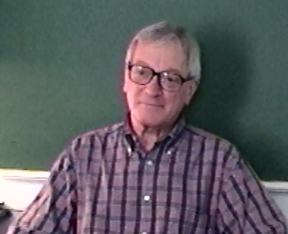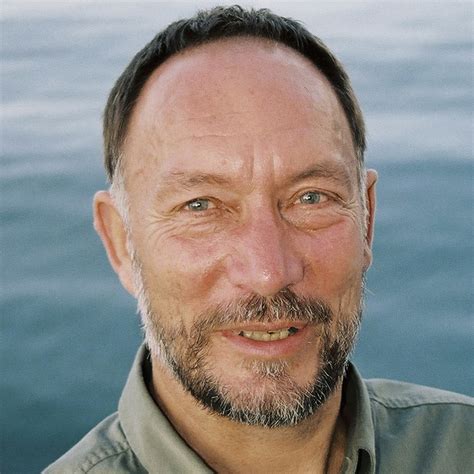A Quote by Charles Caleb Colton
Related Quotes
Sometimes we may find that our partner continues to seek satisfaction in ways that we cannot live with. Nevertheless, when we decide to go our own way, we still have a choice as to how we separate. We can separate with bad feelings, blaming the other's faults and unacceptable behaviour, or we can separate with forgiveness, love and understanding.
When we want to help the poor, we usually offer them charity. Most often we use charity to avoid recognizing the problem and finding the solution for it. Charity becomes a way to shrug off our responsibility. But charity is no solution to poverty. Charity only perpetuates poverty by taking the initiative away from the poor. Charity allows us to go ahead with our own lives without worrying about the lives of the poor. Charity appeases our consciences.




































